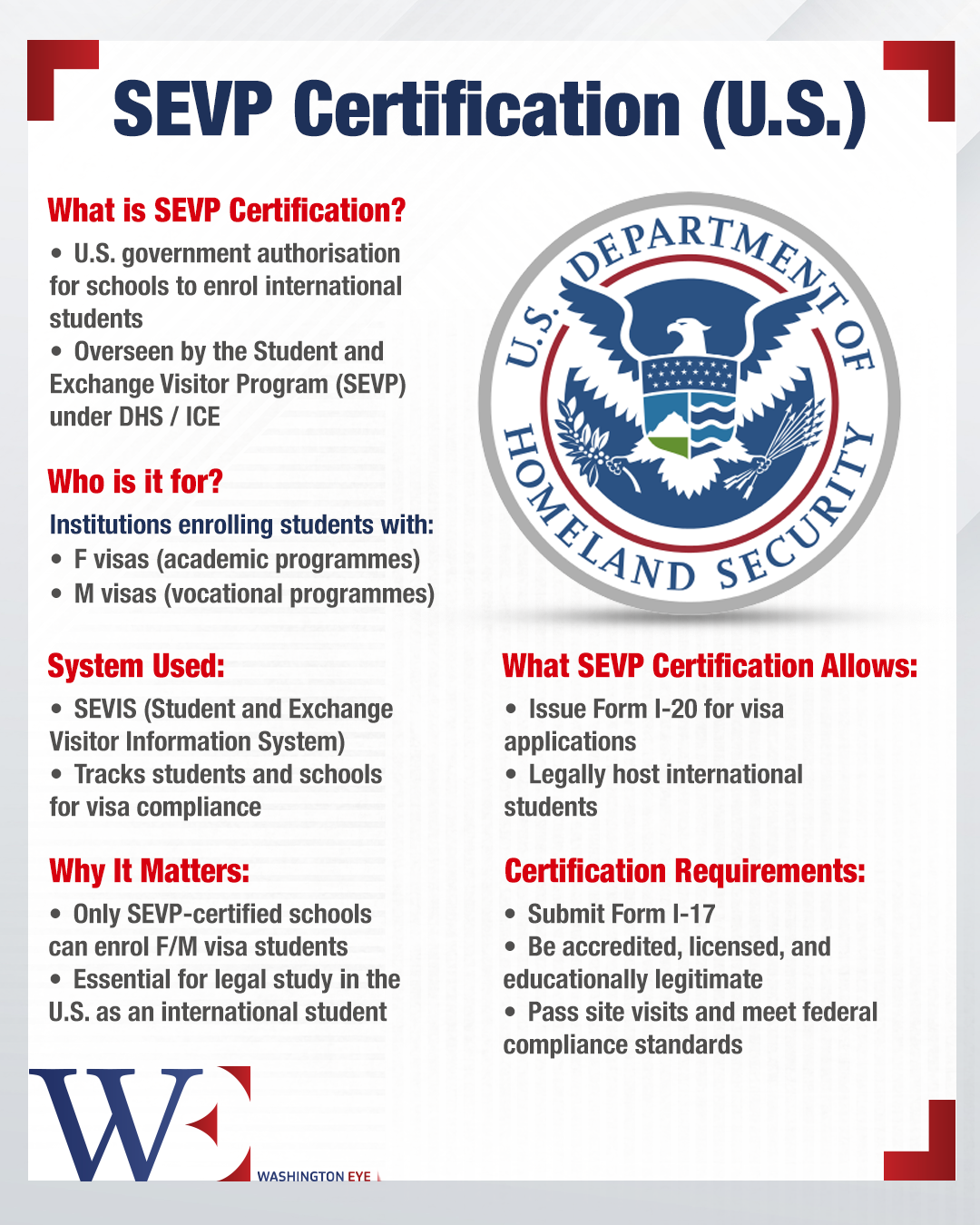Citing a “dangerous environment” created by alleged antisemitic incidents on campus and the presence of what it called “pro-terrorist agitators,” the Trump administration announced announcing that Harvard University would no longer be permitted to enroll international students. The Department of Homeland Security claimed that the university had failed to protect student safety and uphold federal reporting standards. International students currently enrolled must now transfer or face losing their legal immigration status. While framed as a national security measure, the action has triggered sharp backlash from academic leaders, legal scholars, and global observers, raising urgent questions about academic freedom, due process, and the politicization of education.
A Clash of Ideologies
The Department of Homeland Security (DHS), led by Secretary Kristi Noem, justified the revocation by accusing Harvard of fostering an unsafe environment for Jewish students, citing incidents involving “anti-American, pro-terrorist agitators” on campus. Additionally, the administration alleged that Harvard failed to comply with federal reporting requirements and accused the university of collaborating with foreign governments, including the Chinese Communist Party.
Harvard, in response, condemned the action as “unlawful” and “retaliatory,” asserting that it undermines the university’s academic mission and its commitment to international diversity. The university emphasized its dedication to supporting its international community, which comprises approximately 27% of its student body.
Legal and Political Ramifications
The revocation of SEVP certification is part of a broader pattern of the Trump administration’s actions against academic institutions perceived as ideologically opposed to its policies. Earlier in the year, the administration froze $2.3 billion in federal research funding to Harvard and threatened to revoke its tax-exempt status.
Legal experts have raised concerns about the unprecedented nature of the DHS’s actions, noting that the standard process for revoking SEVP certification involves a thorough investigation and an opportunity for the institution to appeal. In this case, Harvard was given a 72-hour deadline to comply with federal demands, including the provision of detailed records on international students.
In response to the administration’s actions, a U.S. District Judge issued a nationwide injunction preventing immigration authorities from revoking international students’ legal status while litigation continues, citing concerns over constitutional rights and due process.
Implications for Higher Education
The revocation has significant implications for Harvard’s academic and research endeavors. International students contribute substantially to the university’s intellectual diversity and financial stability. The potential loss of this demographic could impact various programs, including athletics, where international students constitute a notable percentage of participants.
Moreover, the administration’s actions may deter prospective international students from applying to U.S. institutions, thereby affecting the country’s position as a global leader in higher education. The situation underscores the tension between national security concerns and the values of academic freedom and inclusivity.
A Precedent for Future Actions
The Harvard case sets a concerning precedent for other academic institutions. The administration has indicated that similar actions could be taken against other universities that fail to comply with federal demands or are perceived as fostering environments contrary to the administration’s policies.
This development raises critical questions about the balance between government oversight and institutional autonomy, as well as the protection of constitutional rights within academic settings. As legal challenges unfold, the higher education community will be closely monitoring the outcomes and their broader implications.














